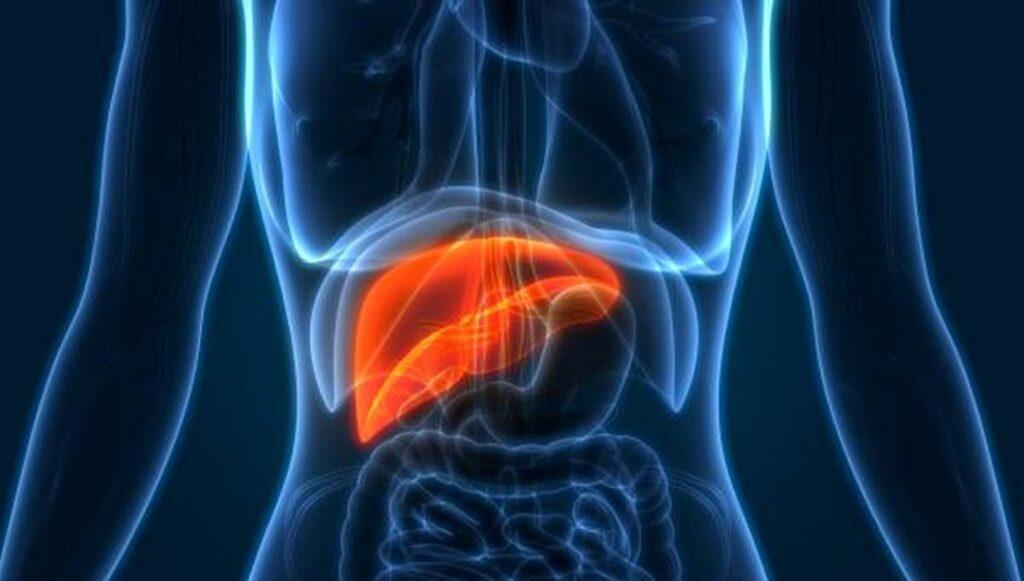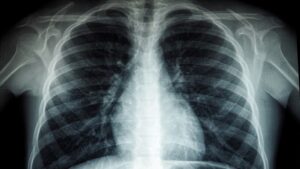[ad_1]
WHAT IS LIVER FAILURE?
Liver Insufficiency is a condition that usually occurs with irreversible damage to a large part of the liver and results in the failure of the liver to perform its necessary and sufficient function.
Liver failure is often life-threatening and therefore requires immediate medical attention. The most common situation is the gradual deterioration of the diseased liver and the development of failure over the years, which is called “chronic liver failure”.
A rarer situation is the development of liver failure within days to weeks in a person who is not known to have liver disease, which is called “acute liver failure”. In other words, every person can have liver disease at any age from the moment they are born, or liver failure can be seen in people of all ages.
SYMPTOMS OF LIVER FAILURE
Symptoms of liver failure occur when the liver loses some or all of its functionality. The symptoms are related to the level of the disease and chronic or acute liver failure may vary accordingly. General symptoms are as follows:
– Weakness
– nausea
– vomiting
– itchy skin
– Weakness
– Stomach ache
– Brain dysfunctions
– jaundice
– blood in stool
– dark urine
– Acid accumulation
– insomnia
– Yellowing of the eyes or skin
– Slowing down in perception and expression
– Enthusiasm or depression.
There are also unknown causes of liver failure.
LIVER FAILURE TREATMENT
There is no proven treatment for liver failure. Treatment It is generally determined by finding the cause of liver damage. For example, antiviral drugs are used in the treatment of viral hepatitis. Some liver diseases are reversible and improvement can be seen. In these diseases, drug therapy and lifestyle changes are applied. In more severe cases, the liver is irreversibly damaged. In this case, the most appropriate treatment liver transplantis A detailed research is done before the transplant. In this research, the family history of the person, the severity of the liver damage, and whether there is a condition that is not suitable for the transplant process are examined.
Today, one of the most common causes of death in liver failure is infection. Situations where proper care is not applied jeopardizes the post-transplant process of the patient. Therefore, supportive treatment should be applied before and after transplantation. supportive treatment; It includes treatments such as drug therapy, maintaining fluid balance, preventing blood clotting, and applying appropriate nutritional therapy to the patient.
Follow NTV on social media
[ad_2]
Source link






